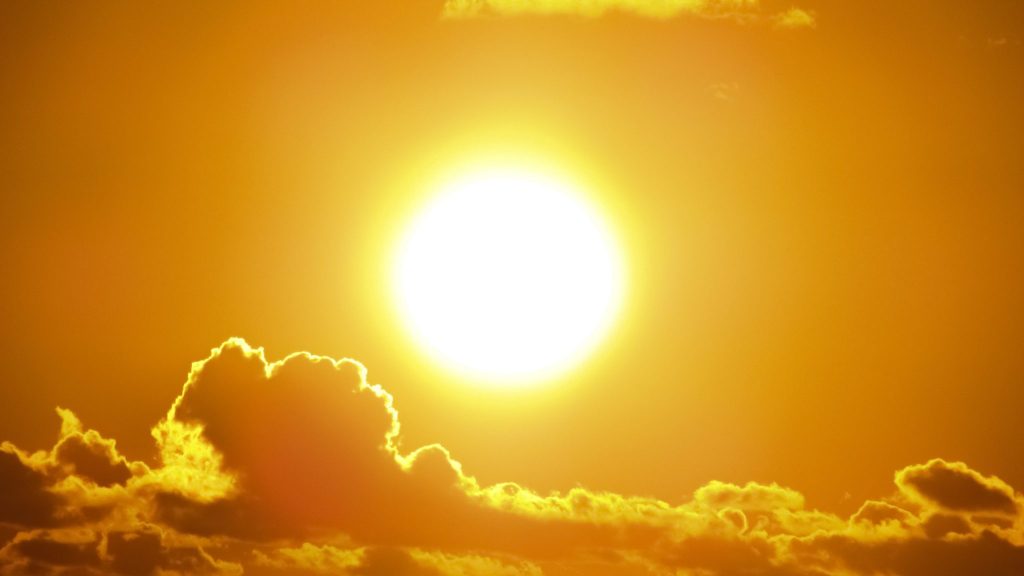PREDICTING FUTURE SOLAR ENERGY USAGE MODELS

In our latest blog series, we’ve been exploring how the government’s new Smart Export Guarantee might work.
Whilst we know the guarantee will mean that solar panel owners can export surplus energy at the most advantageous times of day, we also need to think about developing mechanisms to capture and leverage that energy – whether it’s for our own use, or for export.
Solar energy is generated during the day, when people are usually out of the house, so as the Smart Export Guarantee becomes more embedded, we’ll begin to see a greater emergence of supportive technologies like lithium batteries that allow us to store energy and sell it when it’s most in-demand.
But one of the most important technologies – which, like batteries, exists at the moment but is yet to be adopted on a widespread scale – is smart apps and programmes that can connect real-time weather predictions to excess solar energy and immediate consumer needs.
In other words, technology that knows you’re generating excess solar energy at midday because the sun’s shining, and then harnesses that energy to do tasks you’d normally do when you come home from work, like put the washing machine on.
And if you don’t have any daytime need for energy, that technology stores it as surplus for you to use later, or sell to someone down the street at that moment in time, because perhaps they work from home and most of their energy usage is during the day.
We’ll also see more technologies that allow us to sell energy to a specific buyer at a certain location, such as our next door neighbour or nearby schools, shops and services.
When we explore these possibilities, it becomes clear that the Smart Export Guarantee could represent an important step towards creating a full-blown marketplace for energy that moves us much closer to the government’s targets of where we need to be with sustainability.
